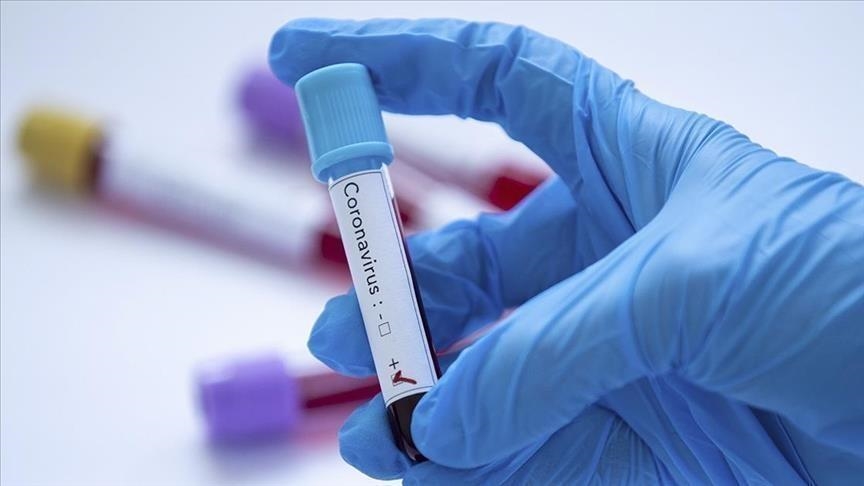US researchers find possible universal monoclonal antibody coronavirus treatment
Treatment shows effectiveness against several coronaviruses, including COVID-19, variants, says US university

WASHINGTON
A team of researchers at a US university has discovered a potential universal monoclonal antibody treatment that could work for the coronavirus and all of its variants.
The finding published July 21 comes as the world continues to grapple with the COVID-19 pandemic, which has killed more than 6.3 million people.
The University of Alabama at Birmingham said the treatment also "shows effectiveness against the deadly previous coronaviruses SARS-CoV, the Severe Acute Respiratory Syndrome that emerged in China in 2002, and MERS-CoV, the Middle East Respiratory Syndrome that appeared in Saudi Arabia in 2012," as well as common cold coronaviruses.
“SARS-CoV-2 has caused the most infections and deaths worldwide. New variants pose the risk of evading the immune system — even in vaccinated and previously infected individuals — and there remains the potential for other genetically distinct coronaviruses to emerge as new pandemic strains in the future,” study co-author James Kobie said in a statement
“For these reasons, finding new therapeutic and prophylactic drugs and vaccine strategies that have universal activity against the coronavirus is essential for protecting humanity against the current and future beta-coronavirus outbreaks or pandemics," he added.
He was referring to COVID-19 by its technical name.
The team screened plasma from patients who have recovered from a COVID-19 infection and identified a "top performer" antibody that the university said neutralized activity in the original COVID-19 strain from Wuhan, China, as well as its variants Beta, Gamma, Delta, Epsilon and Omicron.
The "top performer," known as 1249A8 hmAb, "showed synergism when used in combination with" another discovered antibody known as 1213H7 during testing on rodents.
The treatment is administered via the nose and researchers found the cocktail has "broad therapeutic activity in hamsters" infected with COVID-19. It has yet to be tested in humans.








